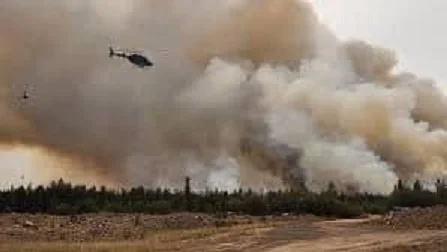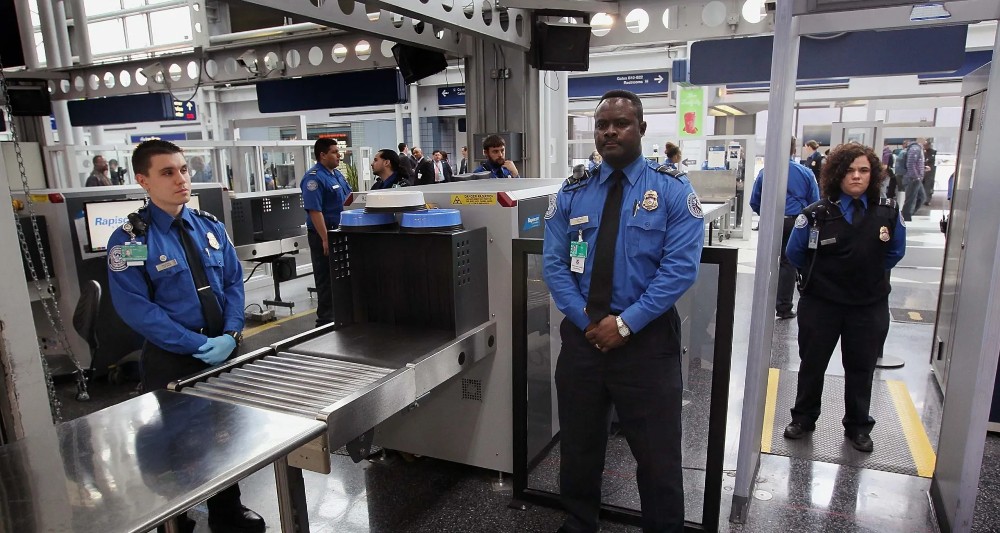The Online News Act, Bill C-18, in Canada is forcing large social media platforms to pay Canadian news publishers for sharing their content. The parent company of Facebook and Instagram, Meta, responded by pulling news from its subsidiaries.
Problem is, 50% of Canadians get their news from such social media sources. This is creating an information vacuum for those trying to escape Yellowknife due to rapidly approaching wildfire in the Northwest Territories’ capital.
“When it comes to how far away the fire is, that’s definitely been a concern for everybody, because I know there’s been a lot of misinformation about where it is and what’s going on with it,” a Yellowknife resident said during evacuation from the North Arm Territorial Park. “I watch the satellite maps now because I can’t get an accurate number on where it’s at.”
Residents were ordered to evacuate by noon, Friday, August 18, as part of what Environment Minister Shane Thompson called a phased evacuation. There was no written copy of the order at the time to clarify exact requirements of the named phased evacuation.
There are currently 236 fires of 1,050 being battled as an evacuation order has gone out to the 20,000 Yellowknife residents. Smoke from the fires has drifted into the US, bringing harmful pollution and worsening air quality.
“We’re annoyed, because here we are in the middle of a severe wildfire season, with a bunch of evacuations, and your ability to access our reporting is about to be restricted,” said Cabin Radio’s Ollie Williams on July 28. “It makes no sense and, frankly, it’s dangerous. But on the flip side of this: screw ’em all.
“You don’t actually need Meta or Google to get accurate, timely reporting about the Northwest Territories.” More and more Canadians are going directly to the publishers’ websites for information.












